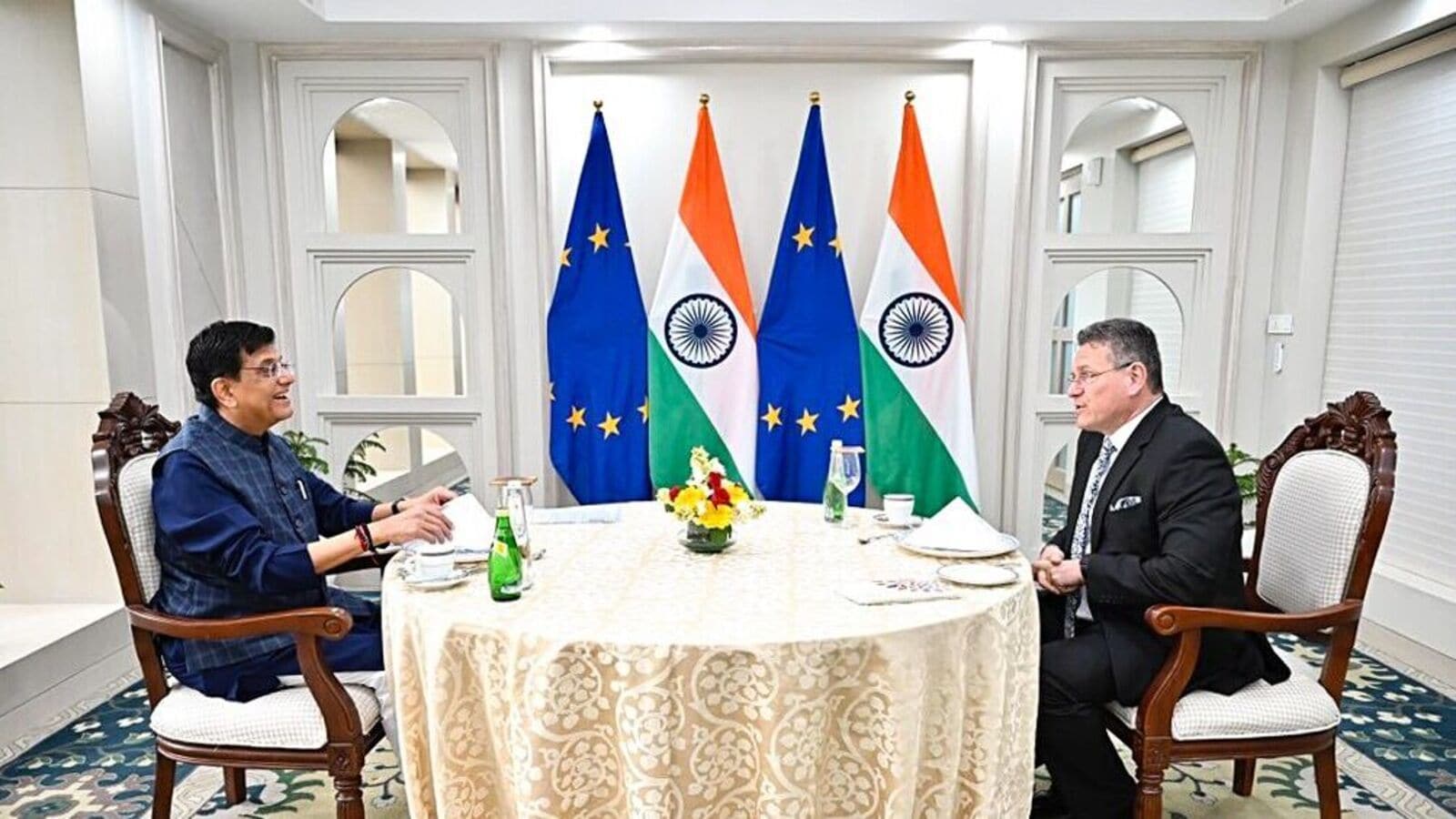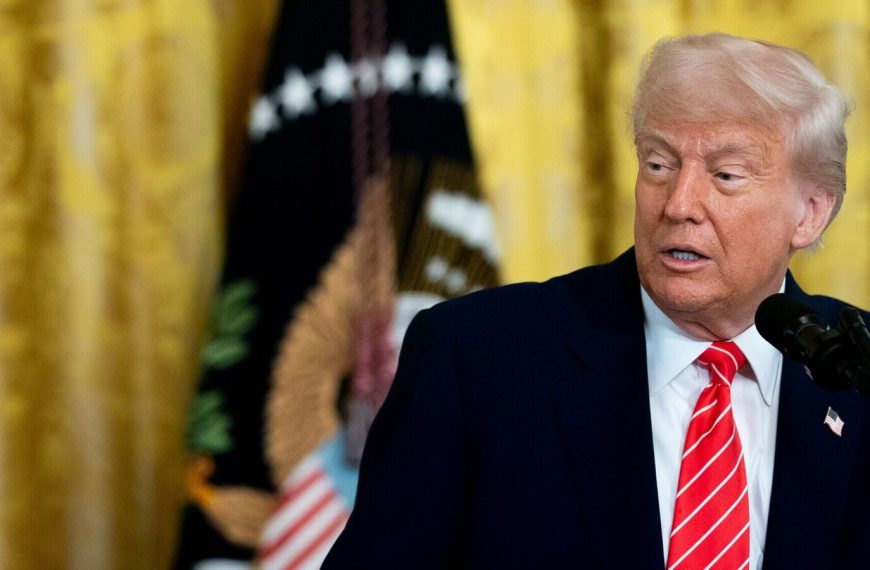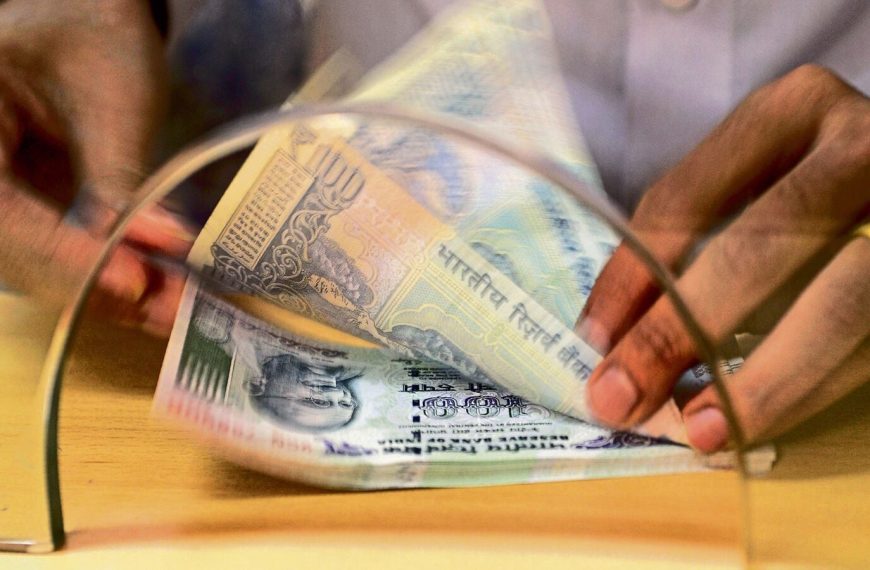US President Donald Trump’s tariffs have stirred uncertainty across the global market, prompting several countries to reassess their trade barriers. In this context, the India-UK Free Trade Agreement (FTA) emerges as a pivotal development, especially for India’s burgeoning automotive sector, which is now equipped with a wider array of export-ready products than ever before.
Transforming Tariffs: A Game-Changer for Indian Automakers
Under the new FTA, India’s automotive tariffs, which rank among the highest globally, will see a dramatic reduction from 100% to just 10%. This significant shift is poised to enhance trade dynamics, allowing Indian automotive manufacturers to penetrate the UK and European markets more effectively. While specifics regarding quotas for imports and exports are not yet disclosed, the anticipated benefits are substantial.
- Tariff Reduction: From 100% to 10% on automotive imports.
- Investment Opportunities: Boost in foreign investments for Indian automakers.
- Market Expansion: Greater access to the UK and European automotive markets.
Luxury Cars Become More Accessible
The FTA is set to make high-end British luxury cars significantly more affordable in India. Renowned brands such as Land Rover, Jaguar, Aston Martin, Bentley, and Rolls-Royce are expected to benefit from the lowered tariffs. Rolls-Royce, which operates its sole manufacturing facility in Goodwood, UK, exports vehicles that will soon be priced more competitively in India. Currently, Jaguar Land Rover assembles several models in Pune, including the Range Rover Evoque and the Discovery Sport, and the new tariff regime could encourage further local assembly.
For example, a base Bentley Bentayga currently priced at ₹4.10 crore may see its cost drop to approximately ₹2.25 crore post-FTA, excluding additional costs like registration and road tax.
A Boost for Indian Automotive Exports
The India-UK FTA also heralds good news for Indian automotive manufacturers looking to export more vehicles to the UK. Models like the Maruti Suzuki Vitara and Toyota Urban Cruiser are expected to gain traction in British markets. Although the exact import quotas are yet to be clarified, it is likely that the UK government will impose some limits on the volume of Indian vehicles permitted.
For companies like Tata Motors and Mahindra, the rise of electric vehicles (EVs) presents a unique opportunity to break into developed markets without the longstanding brand recognition typically required. Rajesh Jejurikar, Mahindra’s Executive Director and CEO, emphasized this potential at a recent conference, stating that the EV landscape allows new entrants to gain consumer acceptance without decades of history.
Expanding Horizons for Indian Companies
TVS Motor Company’s Managing Director, Sudarshan Venu, also underscored the FTA’s potential, remarking that it opens vast opportunities for Indian firms to broaden their market reach. He noted that their British brand, Norton, is set to launch later this year, and the agreement will facilitate faster scaling and better supply chain integration.
Strengthening the Components Industry
The Automotive Component Manufacturing Association of India (ACMA) reports that India exported auto parts worth ₹1590 crore to the UK and imported components valued at ₹1150 crore. The FTA is expected to bolster the Indian components sector, benefitting major players like Bharat Forge, Ashok Leyland, Sona Comstar, and MRF. Notably, two-thirds of constituents in the Nifty Auto Index are currently seeing positive trading trends, reflecting optimism about the FTA’s impact on the local automotive supply chain.
In summary, the India-UK Free Trade Agreement stands to revolutionize the automotive landscape, promising reduced tariffs, expanded export opportunities, and a stronger local supply chain, setting the stage for a new era of growth in India’s automotive industry.











